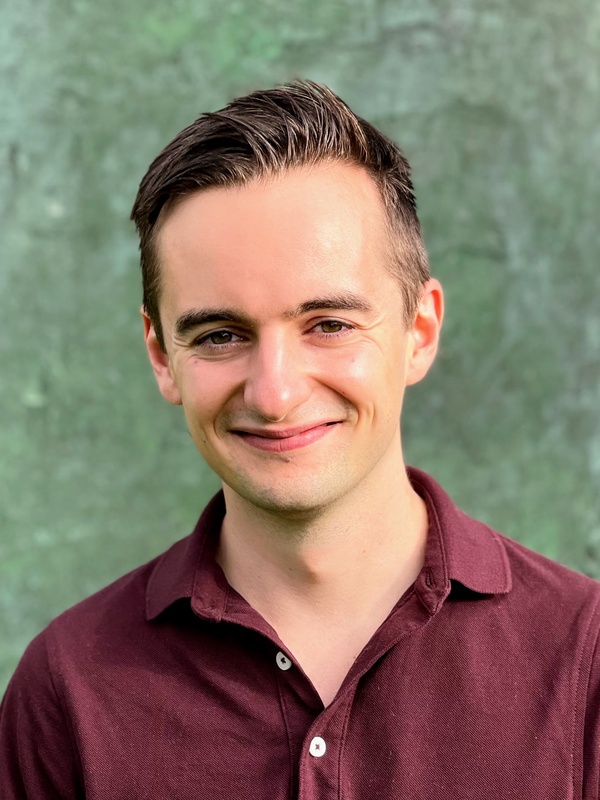Dr Peter Harrison

Contact
About
I am an Associate Professor in the Faculty of Music, Director of the Centre for Music and Science, and Director of Studies in Music at Churchill College. Previously I worked at as a researcher at the Max Planck Institute for Empirical Aesthetics and as a data science consultant for the music research startup SoundOut. I specialise in computational approaches to music psychology; my research interests include music cognition, empirical music analysis, empirical performance studies, individual differences in music psychology, music learning aids, and software for behavioural experiments. I welcome MPhil and PhD research projects within these topics (see Information for Prospective Applicants).
I am an Associate Editor for the journal Music Perception.
I teach BA and MPhil courses in Music & Science within the Faculty of Music. You can find some of my teaching materials at this link.
PhD students- (2021-) Huw Cheston
- (2023-) Katelyn Emerson
- (2023-) Joshua Frank
- (2024-) David Whyatt
- (2025-) Farshad Jafari, Lok Yan Lam
- (2022-23) Claire Brillon
- (2022-23) Hannah Wilkie
- (2022-23) Katelyn Emerson
- (2022-23) Xiaoxuan Wang
- (2023-24) Catherine Tan
- (2023-24) David Whyatt
Richard Feynman: "What I cannot create, I do not understand."
Donald Knuth: "Science is what we understand well enough to explain to a computer. Art is everything else we do."
